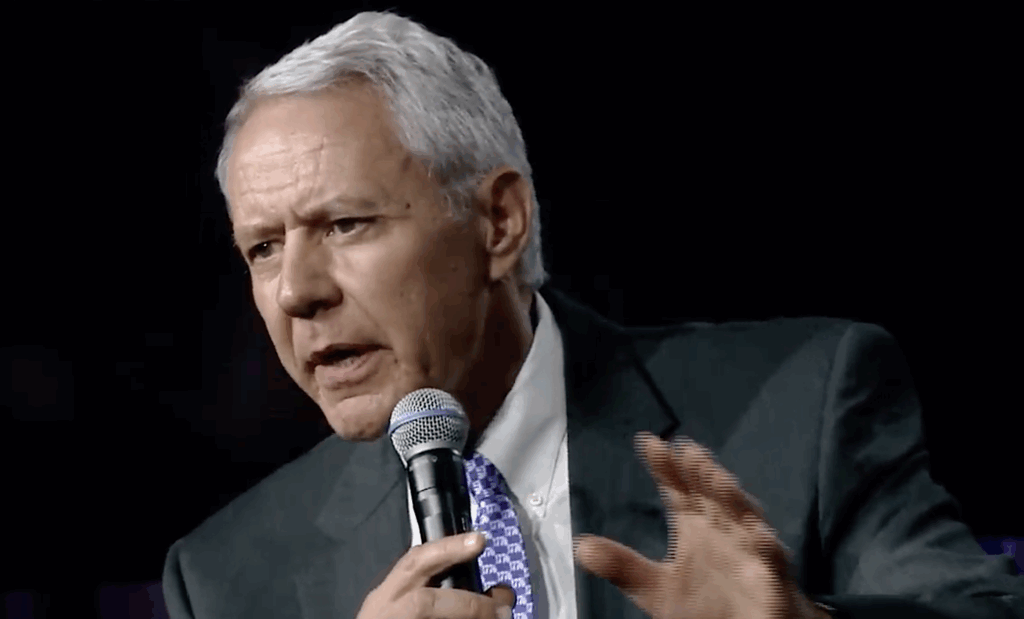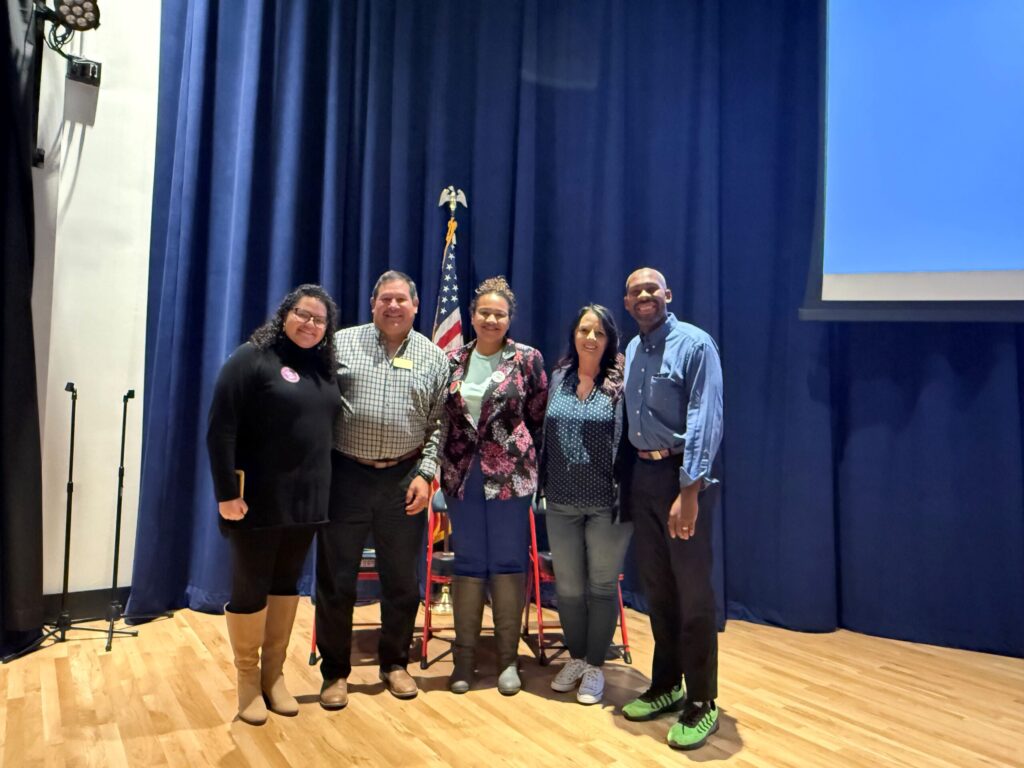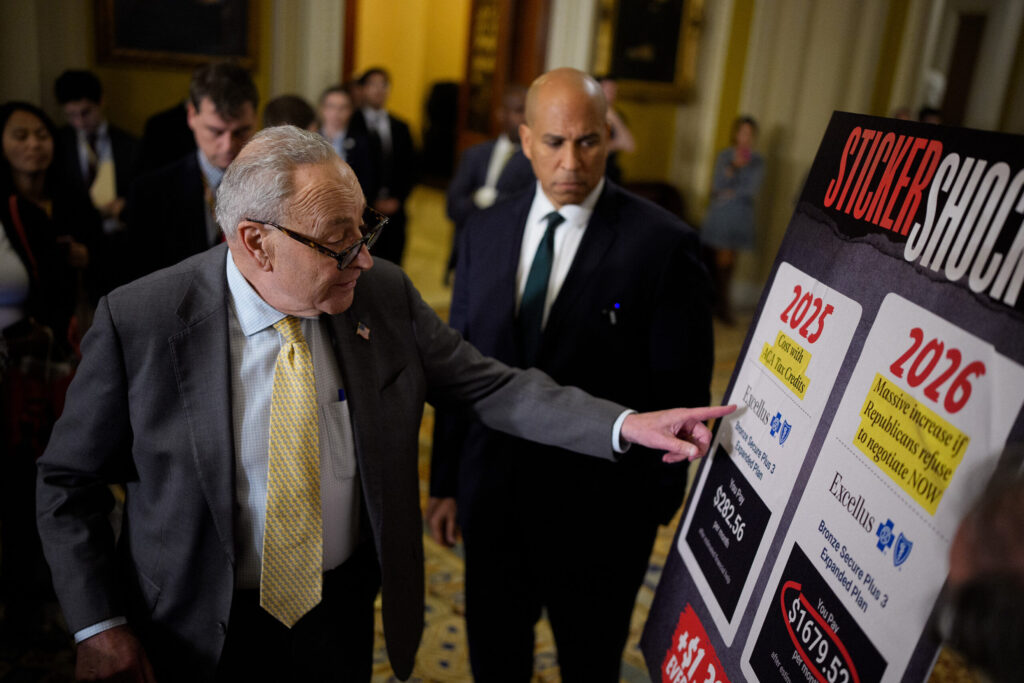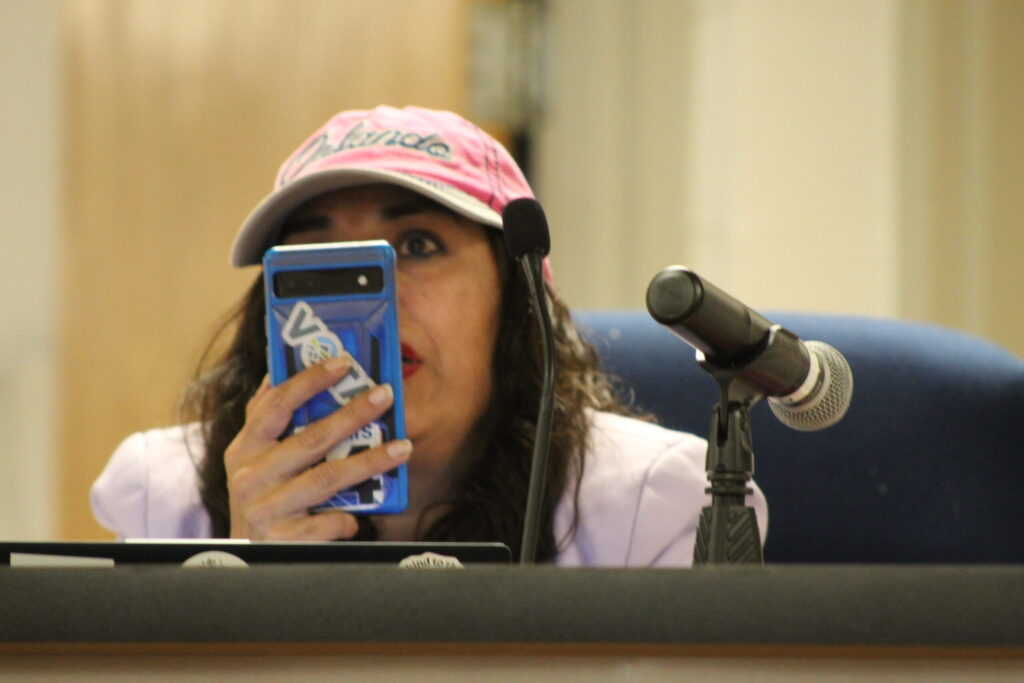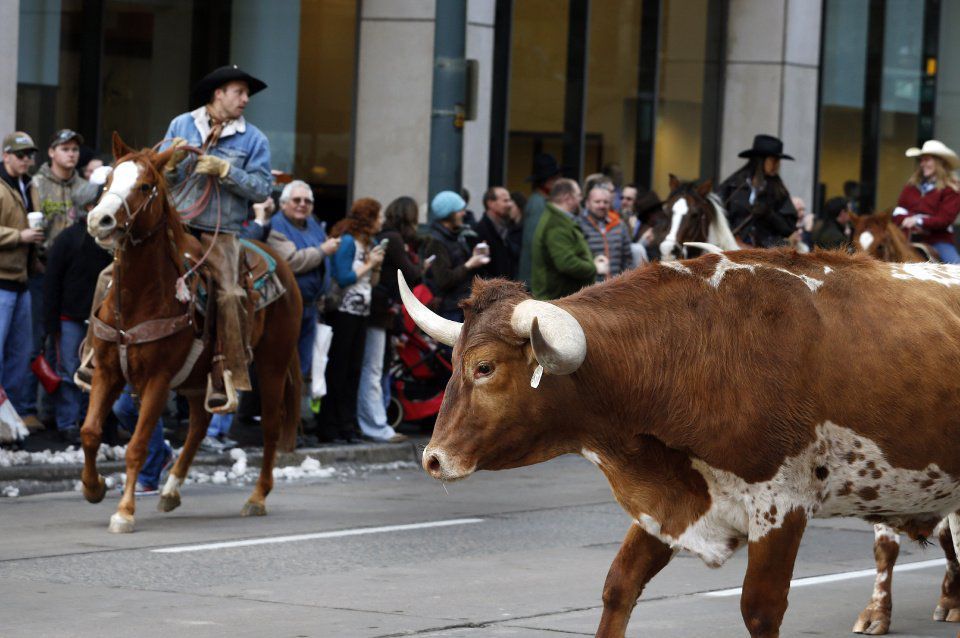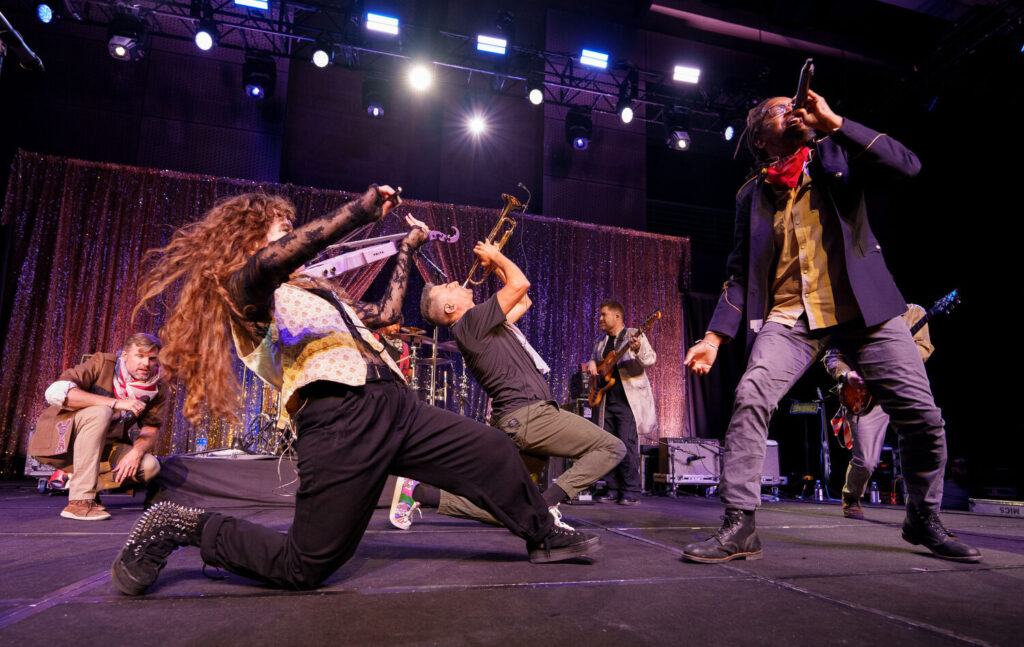Ford Amphitheater appeal hearing: Attorneys argue Colorado Springs ignored state noise law
Attorneys presented opening arguments Tuesday in front of a three-judge panel for the Colorado Court of Appeals, another step in an ongoing legal challenge seeking to block operation of the new Ford Amphitheater on Colorado Springs’ north side if it does not comply with a state noise law.
Springs attorney Edward Gleason of the First & Fourteenth law firm told the state’s second-highest court the 8,000-seat open air venue that opened Aug. 9 will, among other hardships, violate Colorado’s Noise Pollution Law and harm the quality of life for residents living in the area.
Ford Amphitheater developers agree to additional sound mitigation measures
Gleason and Springs attorney Ian Speir of Covenant Law are representing the appellants in the case.
Colorado Springs ignored the state noise statute when it approved the project, located at the Polaris Pointe mixed-use development southeast of Interstate 25 and North Gate Boulevard, appellants’ attorneys have argued.
The city also does not have authority under Colorado law to issue permits for the venue, Gleason said Tuesday.
Among noise mitigation measures project developer VENU was required to implement, the entertainment company obtained a noise hardship permit allowing the amphitheater to exceed city noise limits of 50 decibels in residential areas between 7 p.m. and 7 a.m.
Appellants claim developers obtained the noise hardship permit through “behind-the-scenes” meetings with city employees, who “have secretly instituted a policy of granting what they call ‘blanket permits’ to businesses they favor,” court documents state.
Last September, Colorado Springs homeowner Michael Kuhn and the Northside Neighbors Association filed a complaint in 4th Judicial District Court, seeking a permanent court order to halt the venue’s construction — which at the time was ongoing — and its operation, “unless and until it can demonstrate compliance” with the state noise law, court documents state.
Residents plan to take Ford Amphitheater noise complaints to Colorado Springs City Council this week
The lawsuit named the city of Colorado Springs and local entertainment company Notes Live, now known as VENU, as defendants.
In January, District Court Judge David Shakes dismissed the case. He found, among other points, that the City Council and Planning Commission had the legal right under state law to approve the amphitheater’s development plan, which spelled out project details like location, access and parking.
Shakes also agreed with the city and VENU, who argue Colorado Springs is a home-rule municipality and as such can adopt ordinances that supersede conflicting state statutes, maintains authority to regulate concert noise, and isn’t bound by Colorado’s noise law.
Homeowners also can’t challenge the amphitheater merely on the possibility that its concerts might produce unacceptable noise levels, Shakes ruled.
On Tuesday, Gleason told the three-judge appellate court panel that residents’ claims are “ripe for review” because the developer’s studies show the Ford Amphitheater will exceed statutory noise limits beginning on Aug. 9, when it opened. The city’s commitment to issuing “blanket permits” also can’t excuse the amphitheater’s violation of the state noise law, he said.
Therefore, the residents’ lawsuit should be heard by the district court, Gleason said.
He asked the appellate court to reverse the lower court’s dismissal and remand the case back to the district.
Colorado Springs City Attorney Wynetta Massey, representing the city, and Tobin Kern, a Littleton attorney representing VENU, said the district court correctly dismissed neighbors’ lawsuit for lack of jurisdiction.
They asked the appellate court to uphold the district court’s decision.
Appellants’ claims are based solely on the conditions for approval spelled out in the project’s development plan relating to noise, Massey said Tuesday.
Though the venue is now open, it was not fully built and it was not emanating noise at the time plaintiffs filed their lawsuit in 4th District Court or their appeal with the state, she said. The city had also not, at the time, issued the amphitheater a noise hardship permit.
State statute is clear that in order for the appellant’s case to be heard a nuisance must exist — in this case, noise — and there must be current harm as a result of the noise, Massey said. Resulting actions would be to abate or stop the noise and prevent future noise.
About 30 neighbors living up to 3 miles away from the amphitheater descended upon City Council chambers on Aug. 27, speaking for hours about how excessive sound levels emanating from the venue have interrupted their daily lives.
Some councilmembers then implored developers to take residents’ comments into consideration and implement additional measures to mitigate noise.
After meeting with Mayor Yemi Mobolade and Council President Randy Helms on Aug. 28, VENU founder, chairman and CEO JW Roth and the company’s president and chief operating officer, Bob Mudd, agreed to explore other sound-mitigation measures.
VENU wants to be “good neighbors,” they said.
Appeals court splits with itself on statewide noise limits, sets up Supreme Court intervention
Appellant attorney Speir previously told The Gazette he expects the Colorado Springs case will be heard by the Colorado Supreme Court.
There are at least two similar noise complaints from Chaffee County where the state Court of Appeals handed down differing rulings in each of those cases, making it possible the Supreme Court will consider the appeal.
In June, a three-judge Court of Appeals panel decided Colorado’s noise law envisioned that Colorado, local governments and nonprofits could allow for excess decibel levels during cultural events, but only for property they own or use. Under this ruling, a privately owned and used venue in Chaffee County would not qualify for an exception to noise limits.
Divided appeals court says local governments may authorize noise limits exceeding state law
The June decision was contrary to a March 7 ruling, also out of Chaffee County, finding the city of Salida can permit a privately owned bar and grill to exceed the decibel levels for its summertime concerts.
Massey said Tuesday the difference in the Colorado Springs case is that Colorado Springs is a home-rule city and, among other exceptions, is not bound by state noise laws. Salida and Chaffee County are not home-rule governments and do not have the same authority, Massey said.



